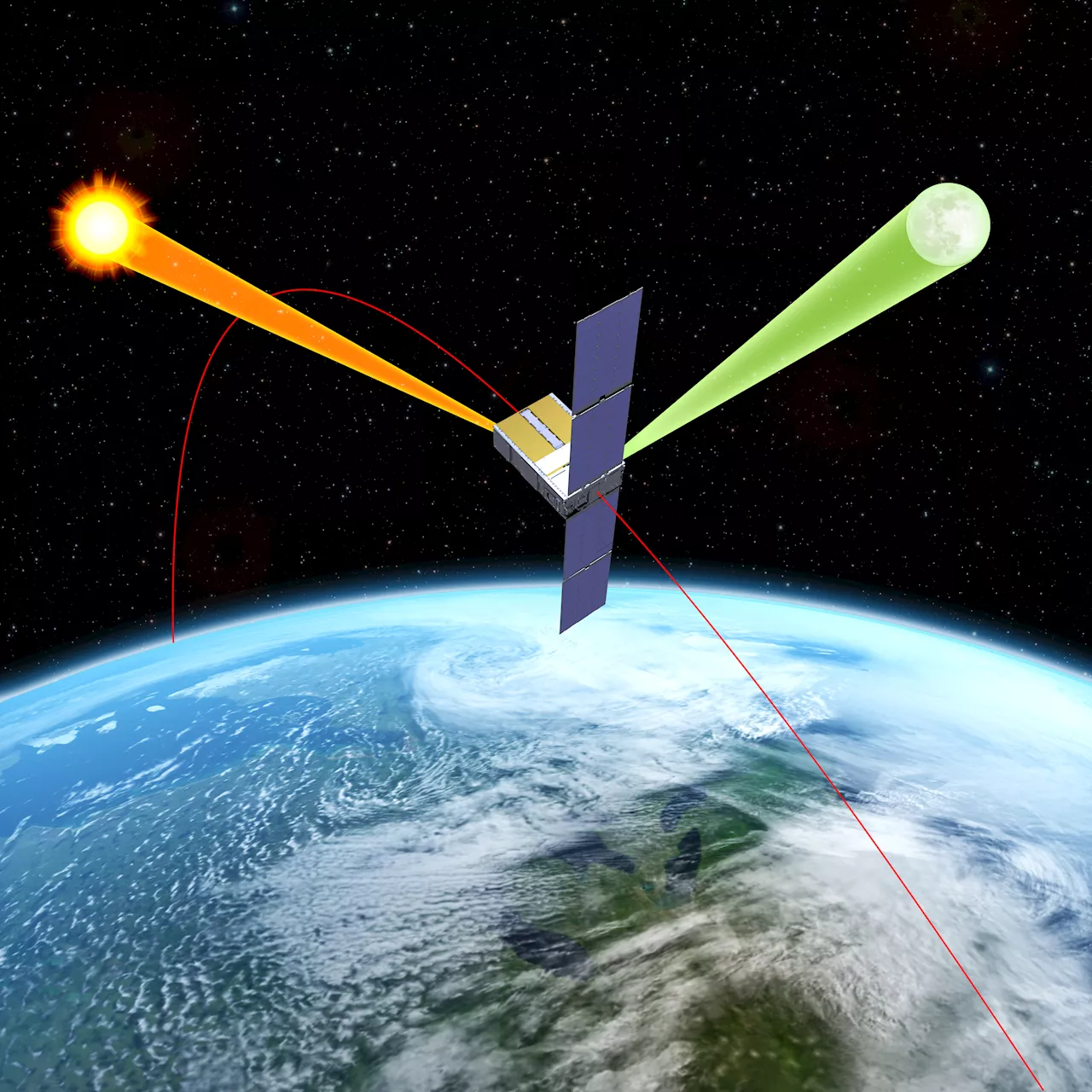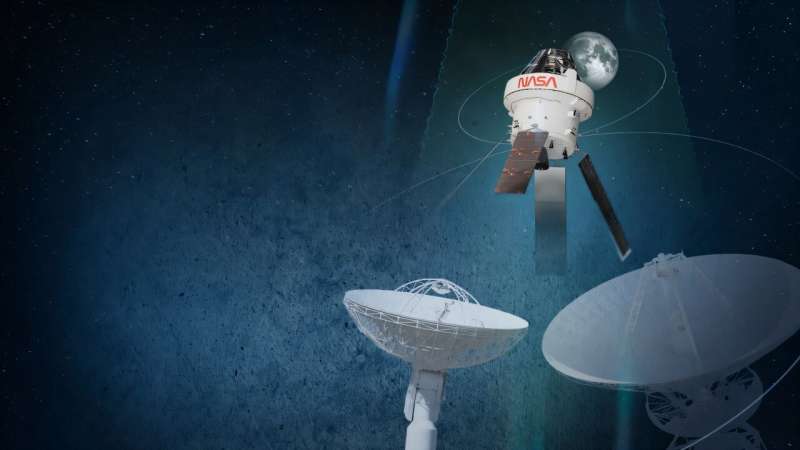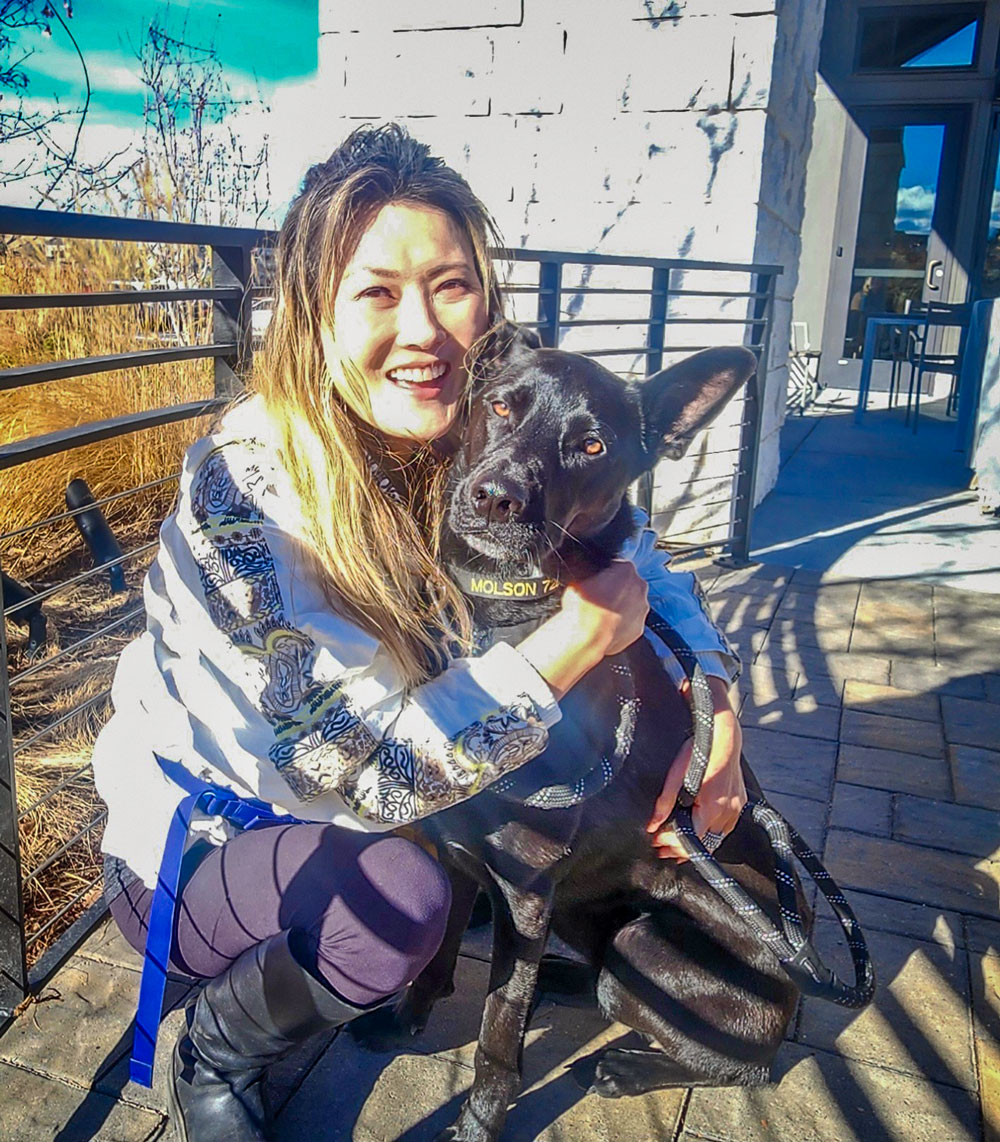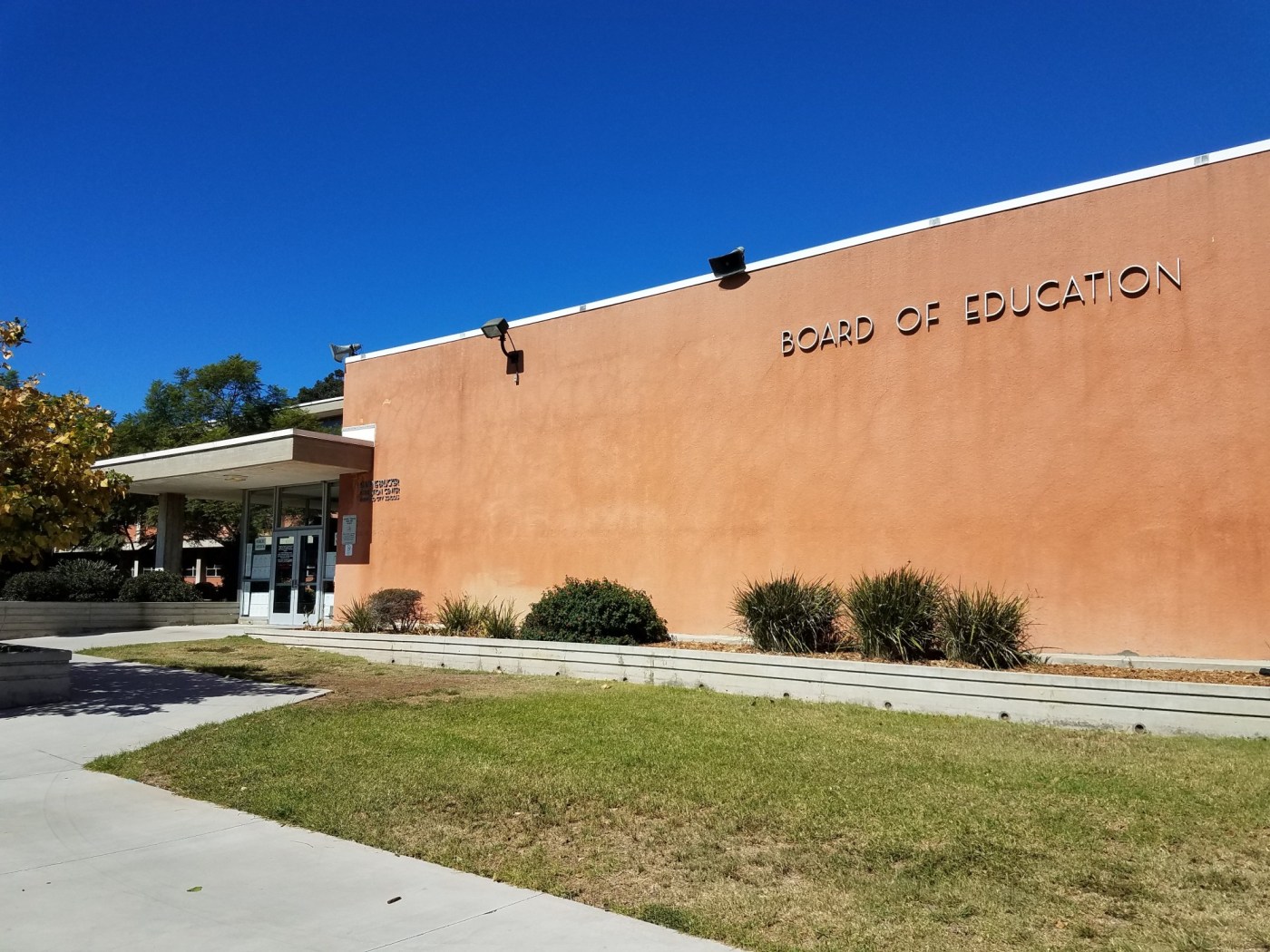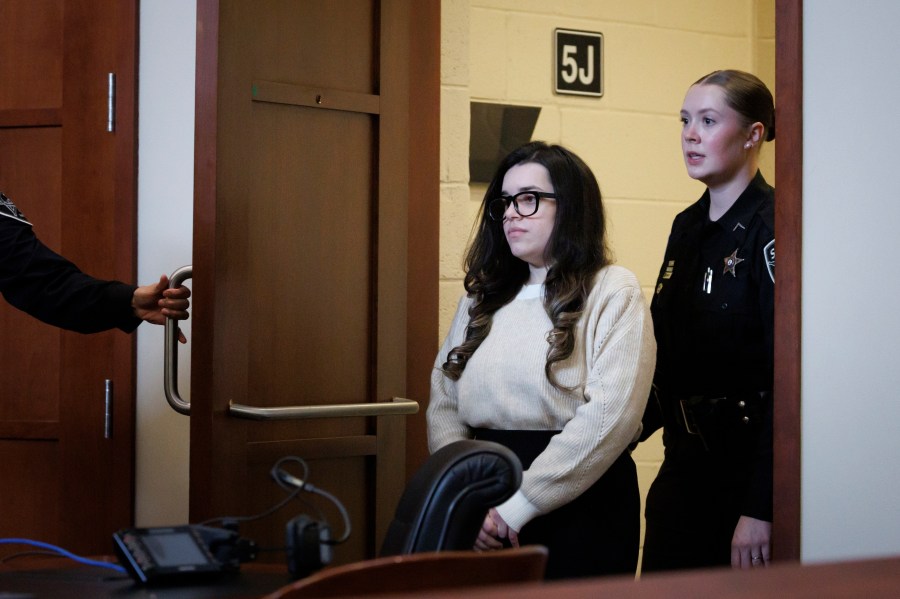
Historian and writer Lisa Currie recently highlighted the evolution of scientific understanding and the impact of historical beliefs on contemporary perspectives. In a thought-provoking discussion, she reflected on how past misconceptions can continue to influence society today, particularly regarding scientific practices and cultural views.
Shifting Perspectives on Animal Dissection
Currie pointed out that prior to the 20th Century, practices such as performing dissections on live animals—primarily dogs—were commonplace among doctors and research scientists. At that time, there was a widespread belief that animals did not experience pain, a notion that would later be challenged by advocates for animal rights. Currie emphasized the importance of these advocates, noting that it was often women who championed more humane treatment of animals.
While these practices may seem cruel to modern sensibilities, they were rooted in the limited scientific knowledge available at the time. Currie drew parallels to other historical misconceptions, such as the belief among many Westerners that tomatoes were poisonous, despite their widespread consumption in other cultures. This reflects a broader trend in human history where ignorance and lack of empirical evidence led to misguided beliefs.
Learning from the Past
Currie’s exploration of historical beliefs includes a range of bizarre and outdated medical practices. For instance, in the mid-1800s, some doctors warned women against travelling on high-speed trains, claiming that speeds of 50 miles per hour could adversely affect their health. She also described the practice of bloodletting with leeches, based on the erroneous belief that illness was caused by an excess of blood.
These examples serve to illustrate a fundamental truth: past ideas, while often misguided, stemmed from a lack of knowledge and understanding. As science progresses, it continually challenges outdated notions, showcasing the importance of remaining open to new information. Currie pointed out that despite advancements, some people continue to hold onto absurd beliefs, such as the idea that the Earth is flat or that certain cultures are inferior based on physical appearance.
To combat these outdated perspectives, Currie advocates for increased cultural exchange and education. By traveling and engaging with diverse communities, individuals can develop a more nuanced understanding of differences. Such experiences can enhance empathy and appreciation for various cultures, leading to a more inclusive worldview.
Moreover, she noted that the English language itself is a testament to this amalgamation of cultures, influenced by countless peoples throughout history. Understanding the complexity of language can promote appreciation for the diverse experiences that shape our communication today.
In conclusion, Lisa Currie’s reflections emphasize the necessity of questioning historical beliefs and embracing new knowledge to foster understanding in our increasingly interconnected world. By acknowledging the past and remaining receptive to change, society can work towards a more informed and compassionate future.
